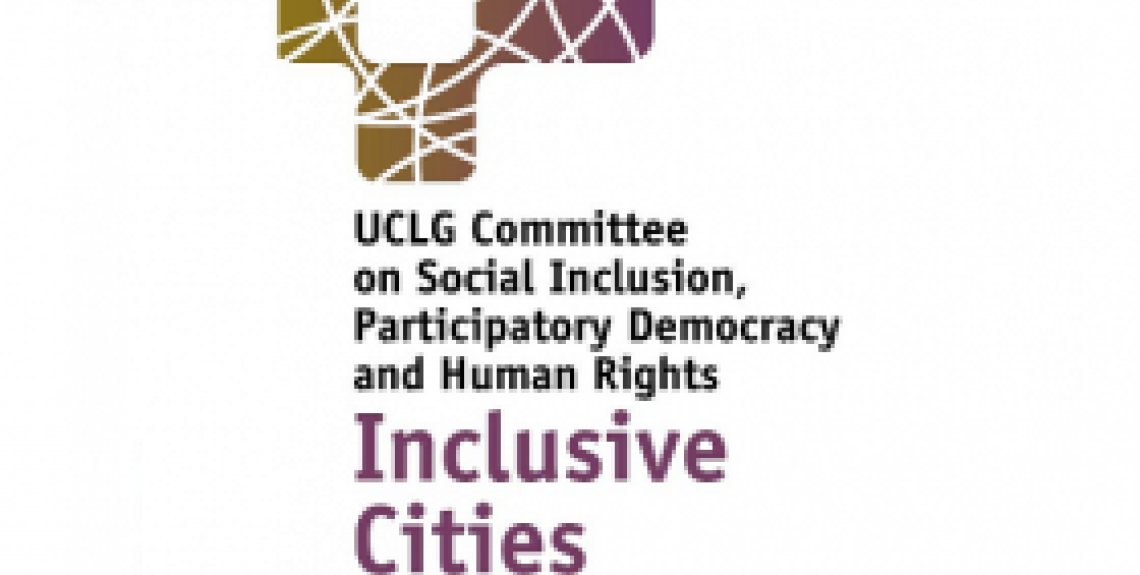This policy is aims to build a social-ecological system being able to absorb fire events without major losses in structure and functions, through the recovery of the practices once performed by local peasants in the municipality of Matadepera.
- The first objective is to decrease the fuel load in strategic areas through a variety of forestry techniques, extensive farming, and grazing so as to reduce potential fire intensity while enhancing habitats and species of special conservation interest.
- The second objective is to recover personal memories from those social groups worst hit by the suburbanization of the countryside and to enhance their social inclusion, especially the peasantry defeated in the Spanish Civil War, whose knowledge and practices are indispensable to enhance the resilience to wildfires.
- The third objective is to definitively stop the encroachment of developments in the forests and to reverse the negative impacts of suburbanization.
- The fourth objective is to produce forms of local knowledge stemming from real-life problems while implementing the policy, aimed at facilitating social learning to enhance transformation in a socially inclusive direction.
In general, the population of Matadepera, especially those living in the high wildfire risk areas, as well as the tens of thousands of visitors coming to the Natural Park from the whole metropolitan area will benefit from a landscape with less fuel load and thus less wildfire hazard. Particularly, the social groups who most suffered from the social-ecological changes brought about in Matadepera during Franco’s regime (urbanization and gentrification) are considered key beneficiaries of this policy. The children from primary schools are benefiting from environmental education activities, and students from the high schools have now the chance to know more about the place in which they live through the interviews, documents, and other works that have been made available through this process.
This is a self-organizing political process that takes place at multiple spatial scales and institutional levels, intended to go beyond the implementation of a single participatory process. Several documents, schemes, and agreements witness the institutionalization of such a process. One of the most important ones is the approval by the Town Council of Matadepera of the forest management scheme prepared by the Group of Forest Defense (2005). Other important institutionalization steps are the formal agreements of land stewardship between the Town Council, the Group of Forest Defense, the shepherds, and the forest landowners.
Regarding the fight against the encroachment of houses in the forests, it is worth mentioning the recently approved municipal urban planning scheme, which protects the remaining forests from suburbanization. Financing came mainly from the Catalan Ministry of the Environment (100,000 €) and the Town Council of Matadepera (20,000 € annually since 2007).
Key achievements include:
- the creation of a free access database with local oral sources including peasants and forest day-laborers;
- the approval and execution of a forest management scheme;
- the recovery of extensive grazing of sheep and goats as a tool to control sprouting and to keep a low fuel load;
- a citizenship campaign to prevent the urbanization of an area accounting for 10% of the municipality;
- and the archaeological restoration of several old lime kilns as part of the social-ecological memory of the town.
The main obstacle in implementing this policy is the urban vision of pristine nature and poor knowledge of the natural environment and the social struggles hidden behind the current landscape.


